Leading law experts are questioning the legality of Elon Musk's initiative to give away $1 million per day to registered voters in key swing states.
The Tesla CEO's America PAC has been actively promoting the giveaway as part of a broader effort to support former President Donald Trump's campaign.
The pro-Trump petition seeks to guarantee freedom of speech and the right to bear arms. Only registered voters in Pennsylvania, Georgia, Nevada, Arizona, Michigan, Wisconsin and North Carolina can sign, enter the $1 million giveaway and claim $100 before the offer expires on October 21 (the deadline for voter registration).
At a recent event in Harrisburg, Pennsylvania, Musk awarded the first $1 million check to a registered voter, emphasizing his goal to "get over a million, maybe two million voters in the battleground states to sign the petition in support of the First and Second Amendment."
Several legal experts argue the offer is illegal or coming "close" to illegal, while others say it is merely "distasteful."
Should Musk be found in violation of federal election laws, the consequences could be severe. Under federal law codes, violators can face fines and imprisonment for up to five years.
Newsweek contacted Elon Musk for comment via email.
Has Musk's Voter Giveaway Violated Any Laws?
Richard Hasen, a professor at UCLA School of Law, has labeled Musk's actions "clearly illegal." Hasen didn't mince words when he addressed Musk's giveaway on his Election Law Blog.
Referencing federal law, Hasen pointed to 52 U.S.C. § 10307(c), which states: "Whoever knowingly or willfully … pays or offers to pay or accepts payment either for registration to vote or for voting shall be fined not more than $10,000 or imprisoned not more than five years, or both."
Hasen emphasized that Musk's offer only applies to registered voters in swing states who sign a petition supporting the First and Second Amendments. "This isn't a particularly close case—this is exactly what the statute was designed to criminalize," Hasen wrote.
He further noted that the Department of Justice's election crimes manual includes lottery chances as items of value that cannot be offered to induce voting activities.
"See also the DOJ Election Crimes Manual at 44," said Hasen. "'The bribe may be anything having monetary value, including cash, liquor, lottery chances, and welfare benefits such as food stamps'," he quoted.
While Hasen's stance is unequivocal, other legal experts have offered nuanced views. Brendan Fischer, a campaign finance lawyer, acknowledged that Musk's latest giveaway could be bordering on illegal. Fischer said that conditioning the $1 million prize on voter registration "arguably violates the law," since it could be seen as an inducement to register to vote.
Derek Muller, an election law expert at Notre Dame Law School, told CNN Politics: "When you start limiting prizes or giveaways to only registered voters or only people who have voted, that's where bribery concerns arise." Muller said that offering cash prizes exclusively to registered voters could be interpreted as giving cash for voter registration, which is prohibited.
Michael Kang, a professor at Northwestern University's Pritzker School of Law, echoed these concerns. "It's not quite the same as paying someone to vote, but you're getting close enough that we worry about its legality," he said, highlighting the timing of the giveaway so close to Election Day.
David Becker, a former Justice Department official and founder of the Center for Election Innovation & Research, was more direct. "This is exactly what the statute was designed to criminalize," he said, emphasizing that limiting the prize to registered voters in swing states strengthened the argument that Musk's intent is to influence the election outcome, adding that it "could be legally problematic."

Adding to the chorus of legal scrutiny, lawyer and patent attorney Olav Mitchell Underdal wrote on X (formerly Twitter): "In any event, this is for the federal courts to sort out. Under the circumstances, @TheJusticeDept should seek an immediate injunction along with criminal charges under 52 U.S.C. § 10307(c) and 18 U.S.C. § 597. Elon Musk should face justice under a presumption of innocence."
Some Experts Disagree Musk is Doing Anything Illegal
Not all experts agree that Musk's actions constitute a clear legal violation. MSNBC legal analyst Jill Wine-Banks, former general counsel of the U.S. Army, offered a different perspective on X, writing: "It's distasteful, but I'm not sure it's criminal. Is paying someone to sign a meaningless petition the same as paying them to register or to vote even if they might have been motivated to register in order to get paid to sign the petition?"
Wine-Banks' viewpoint highlights the complexity of the issue. She questions whether the act of incentivizing petition signatures—rather than directly paying for voter registration or voting—crosses the legal line. Her comments suggest that while Musk's tactics may be ethically questionable, they might not meet the legal threshold for criminal charges.
Brad Smith, a former chairman of the Federal Election Commission, also defended Musk's actions. "He's not paying them to register to vote. He's paying them to sign a petition—and he wants only people who are registered to vote to sign the petition. So I think he comes out OK here," Smith said, implying that the giveaway falls within legal boundaries.
Pennsylvania Governor Josh Shapiro, the state's former attorney general, expressed his concerns on NBC's Meet the Press. "I think there are real questions with how he is spending money in this race," Shapiro said. "Not just into Pennsylvania, but apparently now into the pockets of Pennsylvanians. That is deeply concerning."

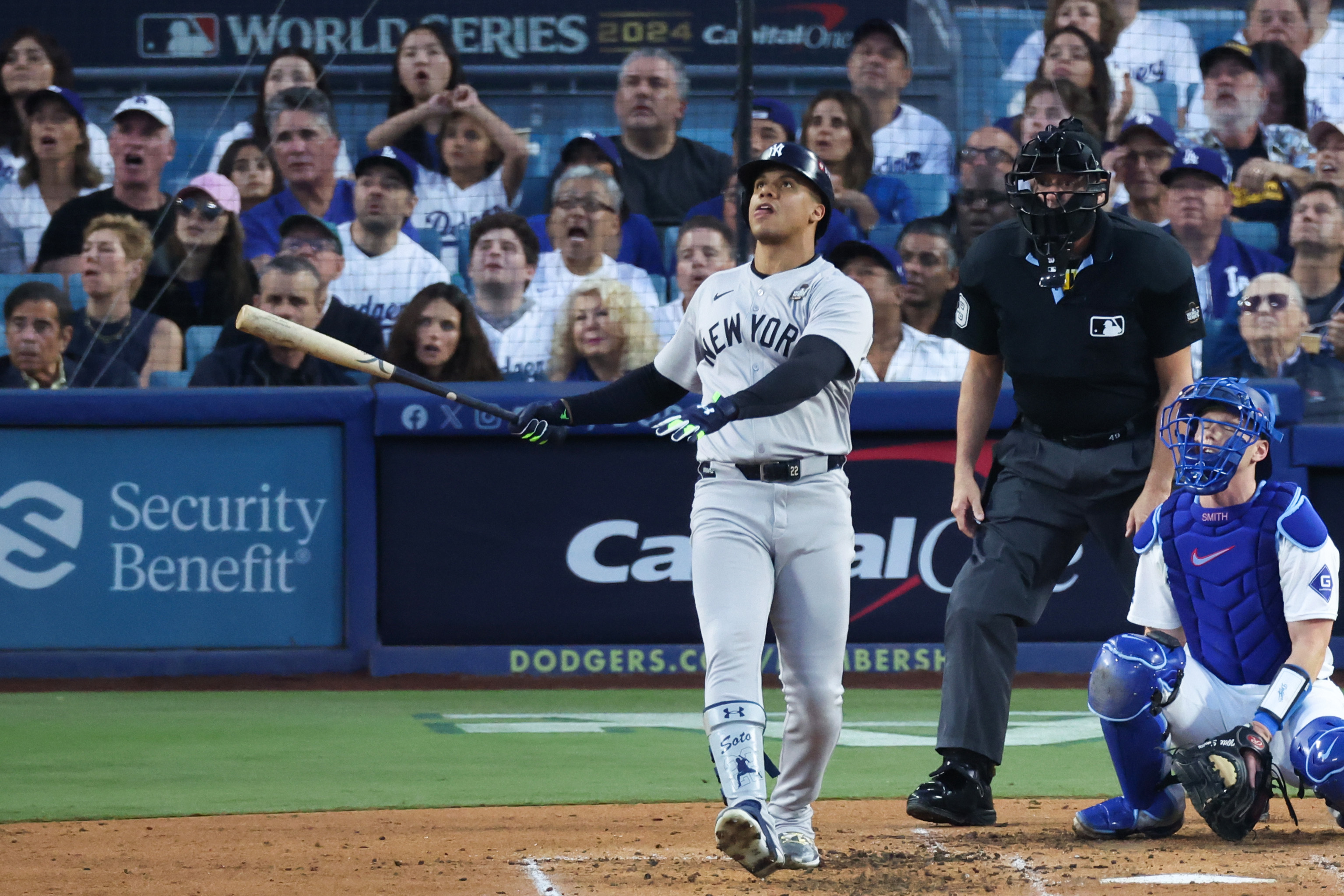
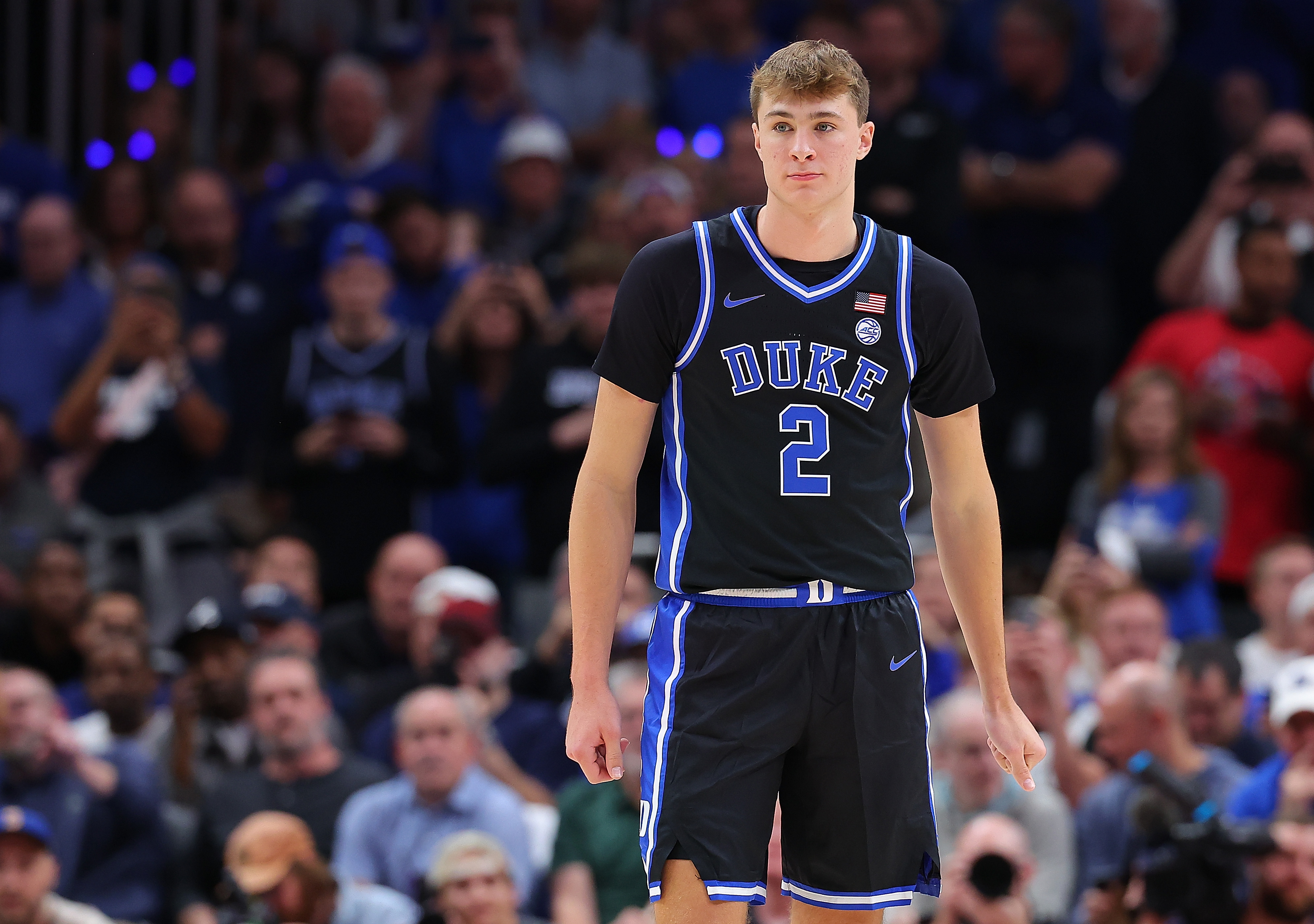


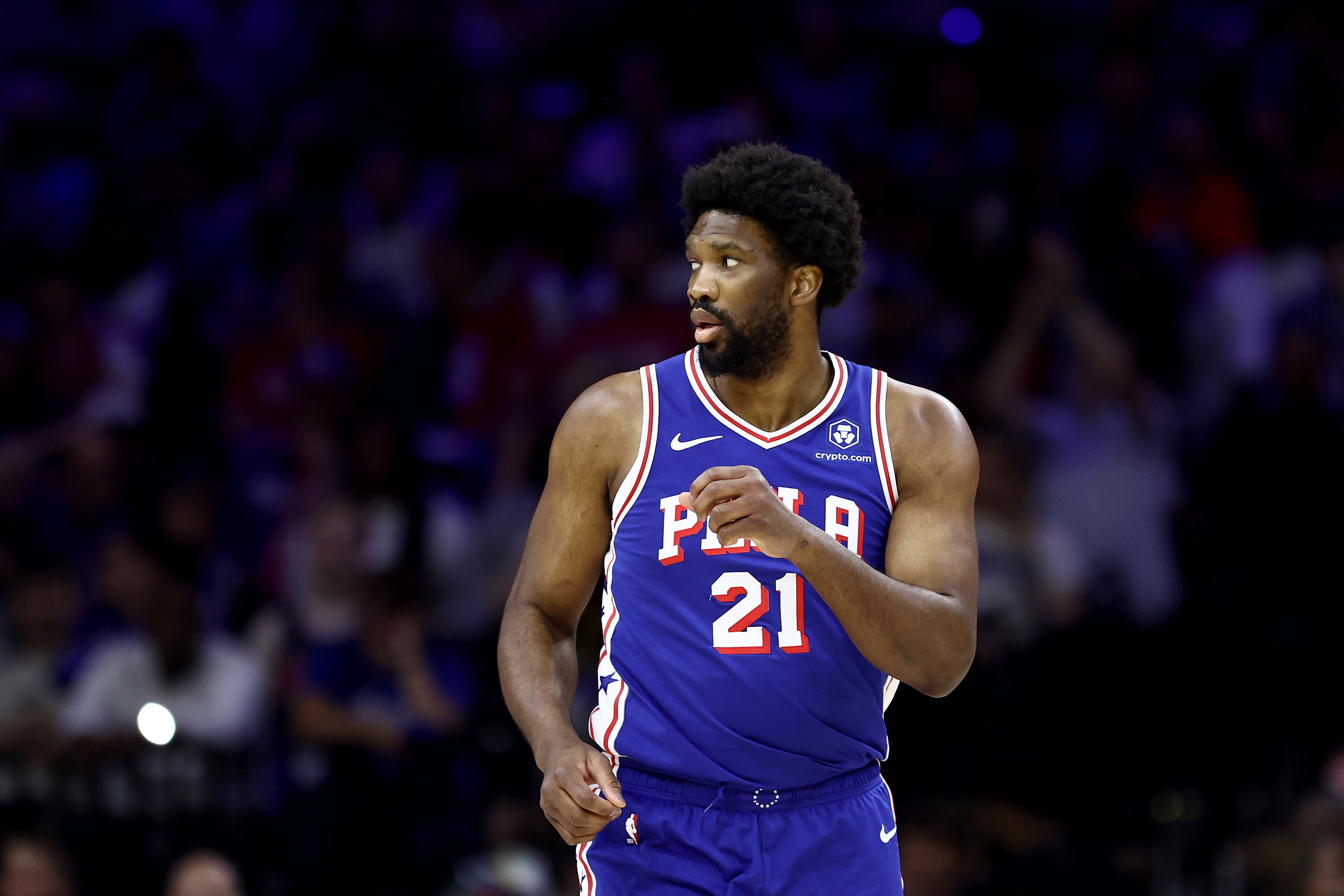
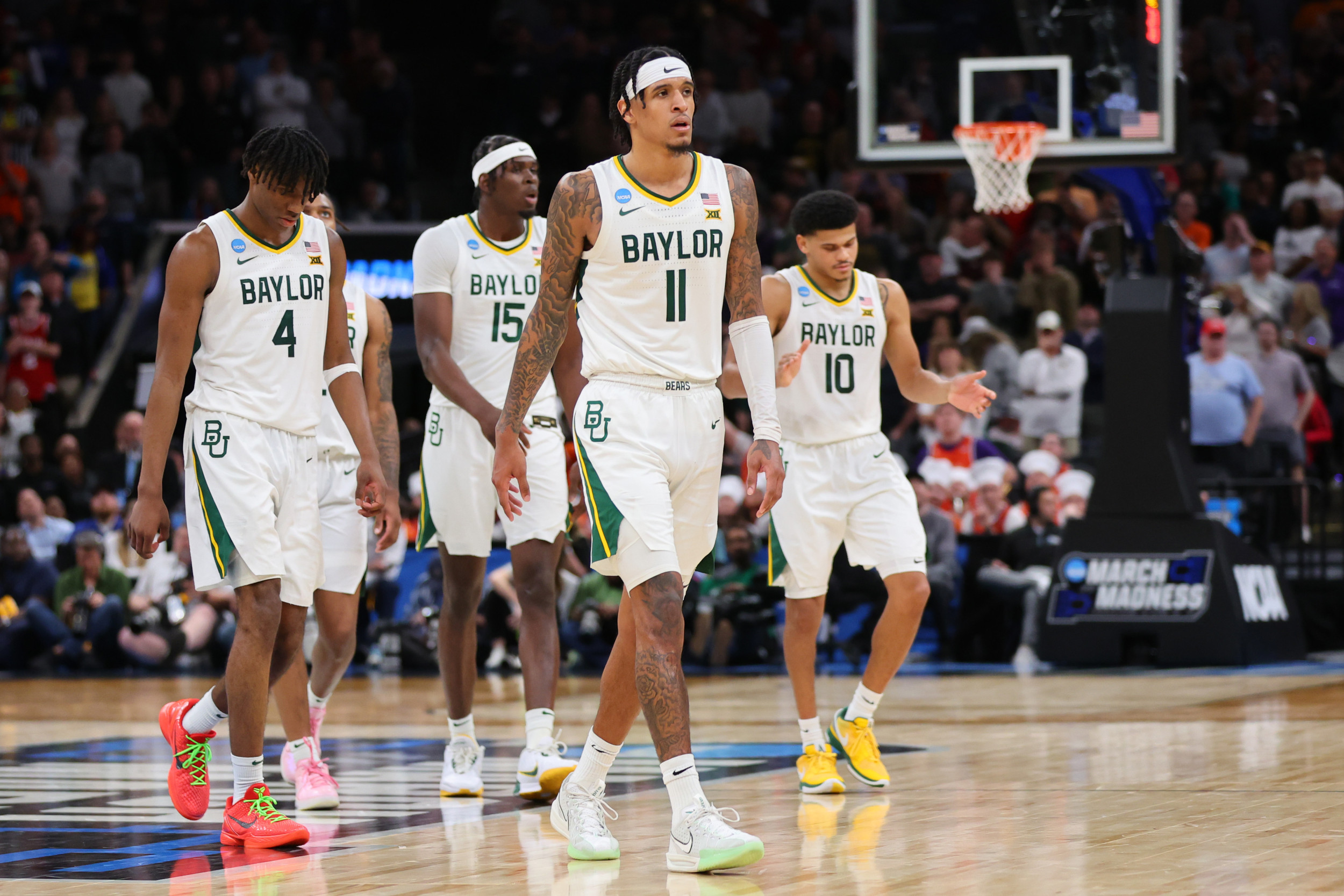
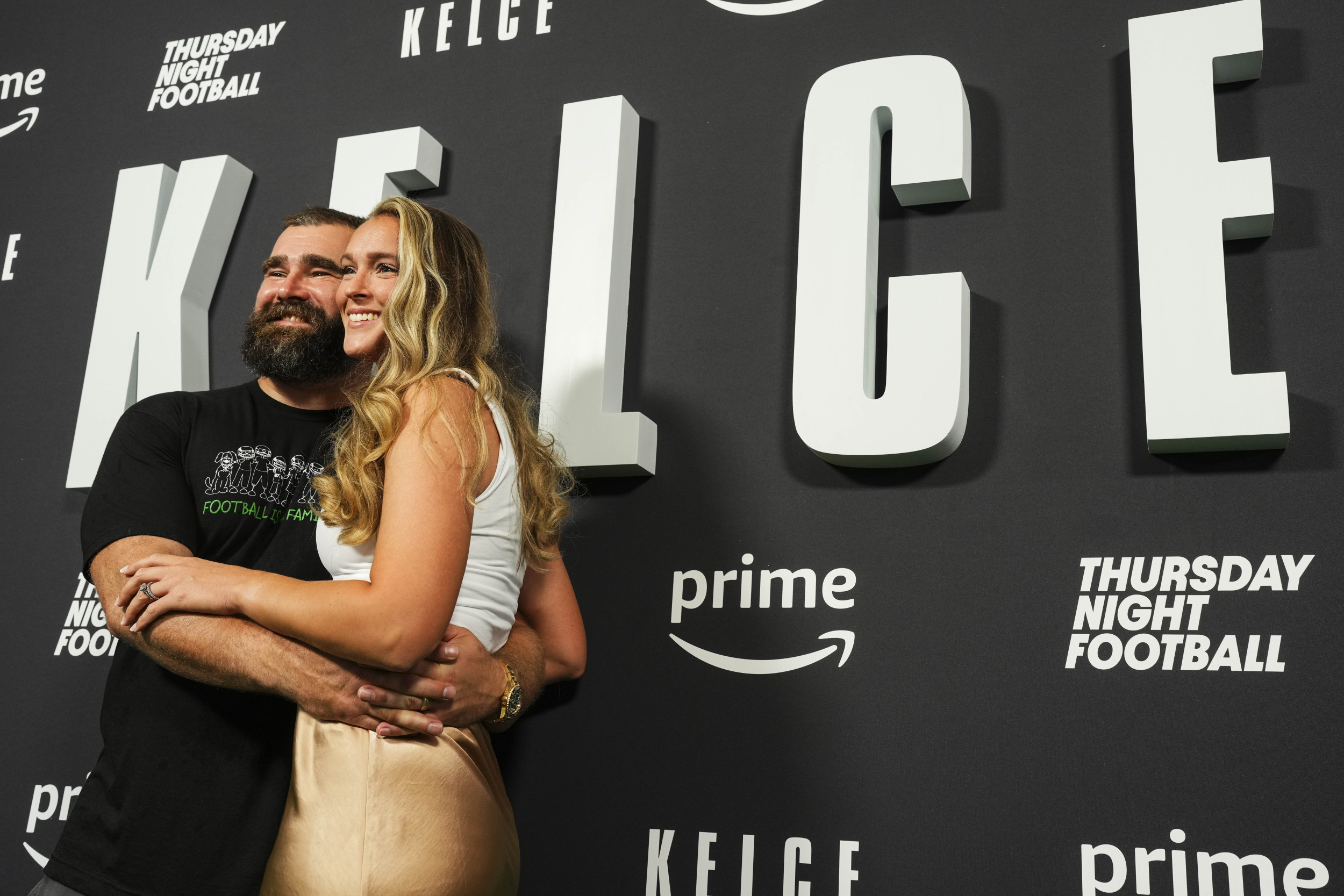


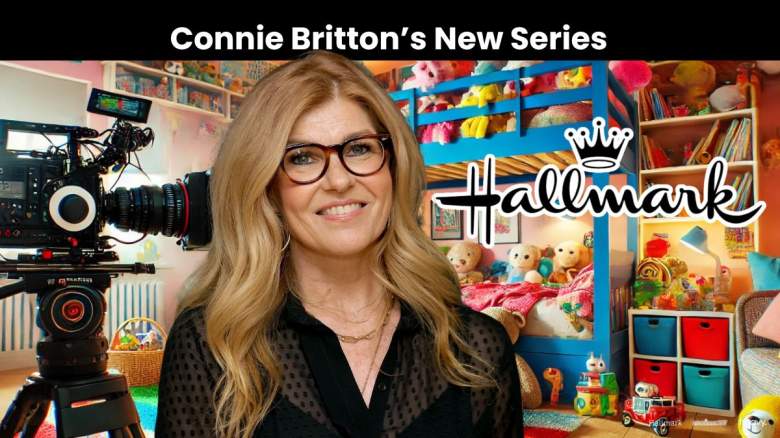









 English (US) ·
English (US) ·